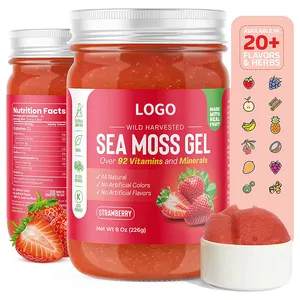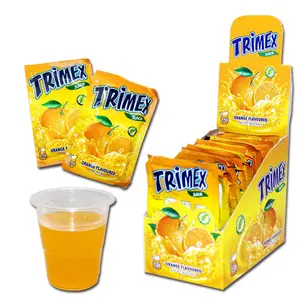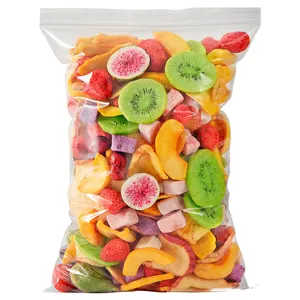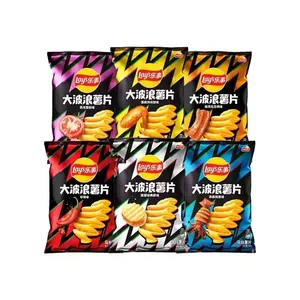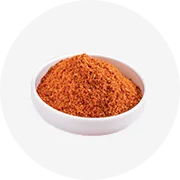Popular in your industry







































































Related Searches:


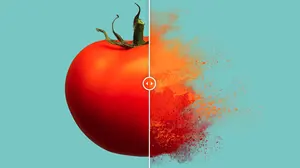



















































































































































Top categories
About dried vegetable cube
Dried Vegetable Cube: A Versatile Pantry Essential
Dried vegetable cubes are a staple in the pantry of those seeking both convenience and nutrition in their cooking. These dehydrated morsels are perfect for a variety of culinary applications, offering a way to enjoy vegetables' benefits year-round, regardless of seasonal limitations. This product category encompasses a range of vegetables, from root varieties to fungi, such as mushrooms and shiitake, all processed into convenient, long-lasting cubes.
Types and Applications of Dried Vegetable Cubes
The variety of dried vegetable cubes available caters to a broad spectrum of uses. They are commonly utilized in soups, stews, and casseroles, where they rehydrate and infuse the dish with their concentrated flavors. These cubes are also an excellent addition to dry meal kits for camping and outdoor activities, where carrying fresh produce is impractical. Their lightweight and compact nature make them an ideal choice for such scenarios.
Features and Materials
Dried vegetable cubes are created through a dehydration process that removes water content while preserving the vegetables' nutritional value. This method ensures a long shelf life and maintains a high concentration of taste and nutrients. The vegetables selected for drying are typically those that retain their flavor and nutritional profile post-dehydration, such as onions, peppers, and various herbs.
Advantages of Dried Vegetable Cubes
The primary advantage of dried vegetable cubes is their extended shelf life, which allows them to be stored and used over extended periods. This not only reduces food waste but also provides a reliable vegetable source for areas where fresh produce is scarce. Additionally, these cubes are a convenient way to enrich dishes with vegetables' nutritional benefits without the need for immediate access to fresh produce.
Considerations for Buyers
When selecting dried vegetable cubes, buyers should consider the product's intended use, whether for immediate cooking or long-term storage. It's also important to note the rehydration instructions to ensure optimal use in recipes. Buyers can find these products packaged in various forms, including sealed packets and cans, to suit different needs and preferences.
Environmental Impact and Sustainability
The production of dried vegetable cubes is often seen as an environmentally friendly option. The dehydration process reduces the weight and volume of the produce, which can lower transportation carbon emissions. Moreover, the long shelf life leads to less food spoilage and waste. Buyers interested in sustainable living may find these products align with their values.
